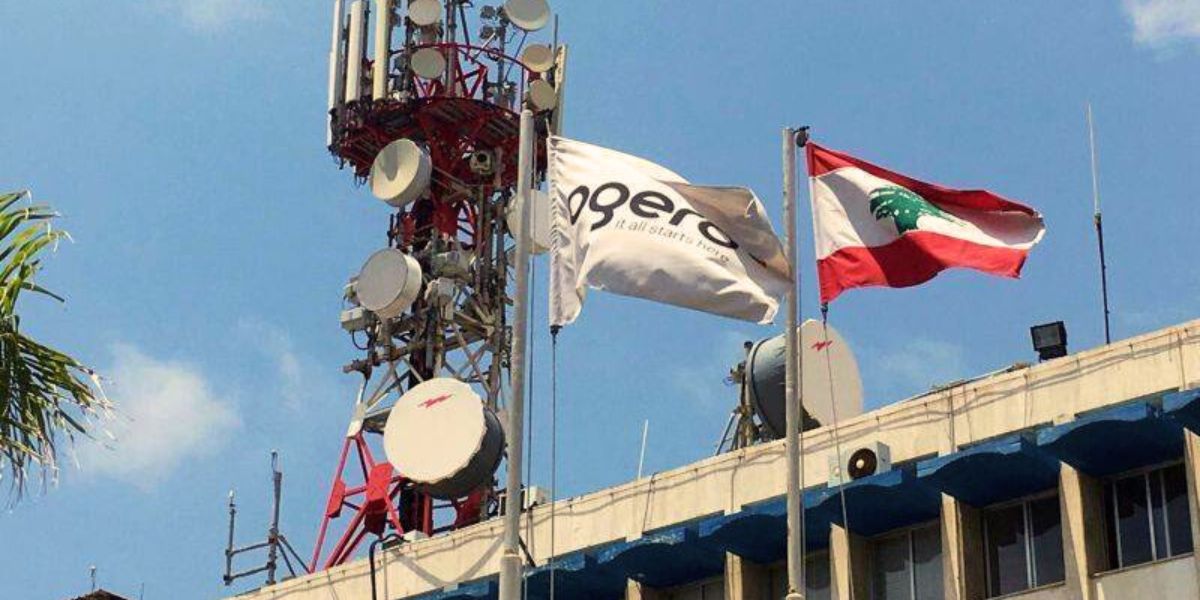On January 29, 2020, Lebanese Prime Minister Hassan Diab requested the government and the country’s banks to supply a plan to “restore confidence” as the country faces its worst and most unpredictable economic and financial crisis in decades.
At a meeting between Ministers and banking officials, Diab stated that the central bank and banking association gave him the impression that Lebanon still had means of resolving the crisis before it escalates.
Diab’s new cabinet only took office one week ago and has been tasked with the resolution of an unimaginably sizable financial crisis, major allegations of corruption and inefficiency, as well as with keeping people satisfied and off the street.
The “new” government, which must still get their vote of confidence from Lebanon’s Parliament, faces inflation and a weakening Lebanese pound. That’s in addition to a complete lack of confidence in the banking system due to their imposed tight controls on people’s money.
Parliament Speaker Nabih Berri stated the new government would have between three and four months after gaining the confidence vote to implement a “rescue plan.” He called it “not impossible” as long as it avoids conflicts and tensions, according to a report by LBCI.
Lebanon passed a 2020 budget on Monday, January 27, 2020, in a session that has been deemed by protesters and pro-revolutionary political analysts as illegitimate. That budget foresees a 7% deficit.
However, major questions surround revenue projections that the budget committee chief himself said may be unrealistic in light of the currently deteriorating and unpredictable economic state of the country.
Arab News reported that a statement, which circulated at Wednesday’s meeting between Ministers and baking officials, indicated that Diab called for a plan “with the aim of restoring the minimum degree of confidence, which is the cornerstone for tackling the crisis.”
At this point, banks continue to surprise depositors with new rules and regulations almost every day – a matter which is only deepening the mistrust in the entire banking system, let alone causing more oppression on the general population and inciting more anger.

















